Installation¶
In this guide we walk through installing free-range-zoo. For this we
need a python virtual environment, here we use miniconda. The action/observation spaces in free-range-zoo rely on
rust functions implemented in free-range-rust for efficency. Compiling
these is part of the poetry install, so we will:
Install gcc-13 / clang and Rust
Clone free-range-zoo
Install Miniconda
Create a python 3.12 environment, we support no lower version
Install dependencies
Test
We have experienced problems with installation in macOS computers which utilize x86_64 architectures.
pytorchno longer supports x86 macOS.
1. Install gcc-13 / clang¶
1.1 Execute gcc --version
1.2 If gcc --version >= 13.0, install it (following below OS-specific instructions prior to 1.3 and 1.4)
1.3 Set the environment variables export ...
CC="<path to your gcc v13 binary>"CXX="<path to your g++ v13 binary>
exporton linux,edit system environment variableson windows. On mac do the same but for llvm, you can try to update it withbrewthen use the mac path override from 1.mac.2
1.4 Make sure the version is correct
gcc -v=13.x
Linux (GCC 13)¶
1.lin.1 Install gcc
If in Ubuntu
sudo apt install gcc-13for fedora/rhel/CentOS
sudo dnf install gcc-toolset-13
MacOS (Clang) - aarch64¶
1.mac.1 brew install llvm@15: Install clang 14/15
1.mac.2 Run the path override command that homebrew gives you when running this (this updates your .zshrc or .bashrc).
Windows (MinGW-w64)¶
1.win.1 Install Chocolatey
1.win.2 Install GCC/MinGW (in administrative powershell)
choco install mingwcurrently this gives the right version. You may have to specify version in the future.
1.win.3 Add mingw to path.
Search for
environment variablesin the windows search bar. Click on “environment variables” Then click onpathin the list. Clickedit. See if there is a entry formingwIf not find themingw64\mingw64\binfolder and add it topath(typically this is inC:\ProgramData).
1.win.4 Restart powershell
2. Rust¶
Linux / MacOS¶
Go to Rust Install select your os, and run the curl command.
Windows¶
choco install rust: Install Rust, restart machine to see effects.
Verify install¶
rustc --version: Verify that the RustC compiler was installed.cargo --version: Verify that cargo was properly installed.
If
cargo --versionorrustc --versiondo not work, manually addrustto your path.
3. Clone Free-Range-Zoo¶
git clone git@github.com:oasys-mas/free-range-zoo.git: Clone the latest release of the free-range-zoo repository.
4. Miniconda¶
⚠ WARNING: DO NOT USE SUDO HERE! IT IS VERY LIKELY TO BREAK INSTALL.
4.1 Run the installation script for Miniconda, select your os.
4.2 Install with defaults, and say yes to the conda init question.
4.3 Restart your terminal
4.4 You should see something like (base) user@machine:...
If you don’t then double check that the
miniconda3folder is in your home directory and that it was added to your path.
5. Create Python env¶
5.1 conda create -n three12 python=3.12: Create a python 3.12 environment
5.2 conda activate three12: Activate the created python environment
6. Install Dependencies¶
6.1 cd free-range-zoo Navigate to the free-range-zoo git directory.
6.2 pip install poetry: Install poetry, the dependency tool we use.
6.3 poetry install: Install all dependencies with poetry
7. Test¶
python -m unittest -b: To see if everything is working try running our unit tests. This will build a local copy of our docs page, seefree-range-zoo/docs/build/html/index.html.
Windows¶
When on Windows, the unittest will not build the docs. To build them:
If you are having trouble getting
free-range-rustto install, and you still want to build the docs, runpip install -e .in the root of thefree-range-zoorepository before doing this. Then uninstall the frz library first before reattempting to install free-range-rustpip uninstall free-range-zoo.
navigate to
free-range-zoo/docs.Ensure you are on the
three12conda environmentrun
python free_range_zoo_docs/gen_envs_docstrings.pyrun
python free_range_zoo_docs/gen_envs_mds.pyrun
make build.

